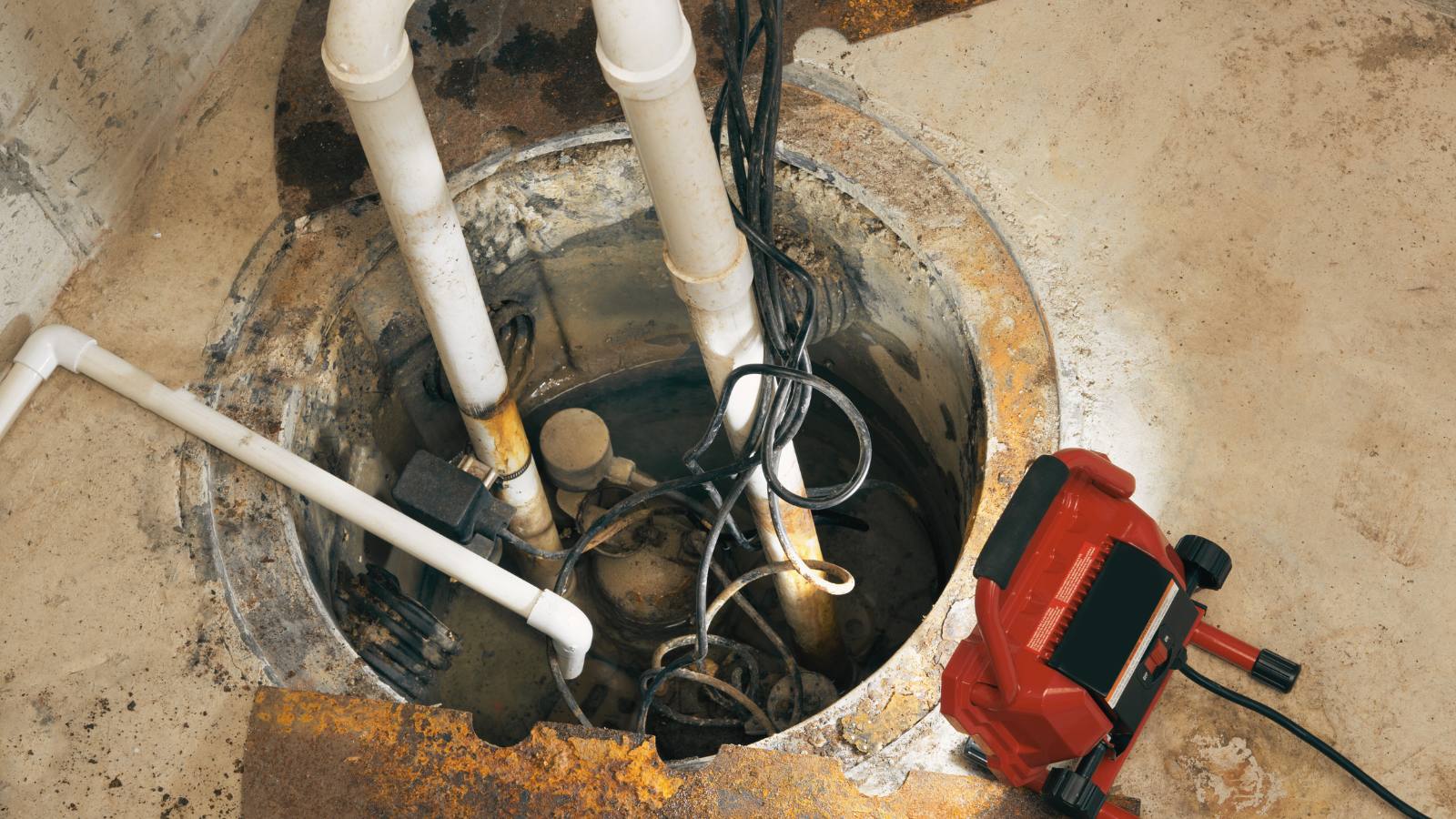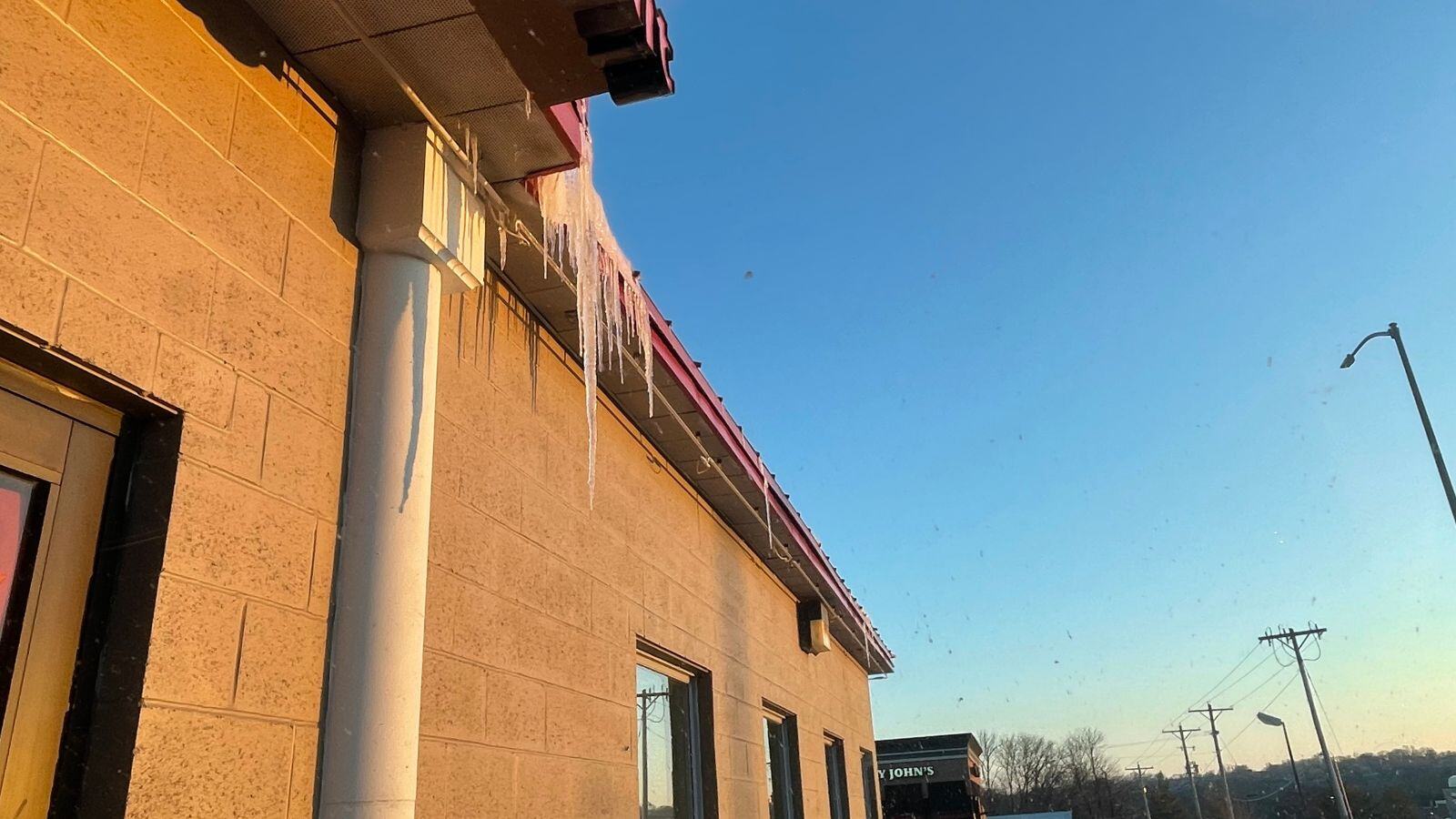6 Steps for Proper Water Extraction & Building Restoration
Water damage in commercial buildings can be a costly and time consuming issue to fix. The worst part is, sometimes the damage isn’t known until it...

In the realm of commercial buildings, an essential but often overlooked component is the sump pump. These devices play a critical role in safeguarding properties from potential water damage and are a lifeline during heavy rains, floods, or plumbing mishaps. Understanding the significance of sump pumps in commercial buildings is vital for property owners, managers, and tenants alike.
Sump pumps are commonly found in various commercial properties, including:
Office Buildings: Protecting the infrastructure and valuable equipment in offices is crucial to maintain business operations smoothly.
Retail Outlets: Retail stores are often filled with merchandise, electronic systems, and high-value assets that require protection from water damage.
Warehouses: These vast spaces are prone to water ingress, and sump pumps prevent inventory losses and structural damage.
Data Centers: Sump pumps are indispensable in data centers where water infiltration can lead to catastrophic data loss and costly downtime.
Hotels: Sump pumps help maintain the comfort of guests by preventing flooding and water damage to rooms and common areas.
Healthcare Facilities: Hospitals and medical centers house critical equipment and sensitive materials that necessitate protection from water-related threats.
The primary purpose of sump pumps is to remove accumulated water from basements, lower levels, and crawl spaces, channeling it away from the building's foundation. They help prevent water-related issues such as:
Flood Prevention: Sump pumps effectively pump out water during heavy rainfalls or flash floods, mitigating the risk of extensive flooding that can damage property and disrupt business operations.
Foundation Protection: Waterlogged soil can exert hydrostatic pressure on a building's foundation, potentially leading to cracks and structural damage. Sump pumps maintain a dry foundation, preserving the integrity of the structure.
Mold and Mildew Control: Damp environments promote the growth of mold and mildew, which can pose health hazards to occupants and lead to costly remediation efforts.
Preservation of Inventory and Equipment: In commercial buildings like warehouses and data centers, sump pumps protect valuable assets and prevent financial losses due to water damage.
To ensure the reliability and effectiveness of sump pumps, regular maintenance is imperative. Here are essential steps to keep them in optimal working order:
Inspection: Regularly inspect the sump pump for any visible damage or signs of wear.
Cleaning: Remove debris and sediment that may accumulate in the sump pit, as these can obstruct the pump's operation.
Testing: Periodically test the sump pump by pouring water into the pit to check if it activates and pumps water out correctly.
Power Supply: Ensure the sump pump is connected to a reliable power source, and consider a backup power system like a generator or battery backup in case of power outages.
Check Valves: Verify that the pump's check valve is functioning correctly, preventing water from flowing back into the sump pit after pumping.
The failure of a sump pump can lead to disastrous consequences for a commercial building, including:
Severe Water Damage: Without a functional sump pump, water can flood the lower levels of the building, causing damage to walls, floors, and valuable equipment.
Business Disruption: Flooding can halt business operations, resulting in financial losses and potential damage to the company's reputation.
Structural Compromise: Persistent water infiltration can weaken the building's foundation, leading to costly repairs and compromised structural integrity.
Mold Growth and Health Hazards: Standing water and excess moisture create an ideal environment for mold and mildew growth, posing health risks to occupants and requiring expensive remediation efforts.
Sump pumps are invaluable assets in commercial buildings, protecting against water-related calamities and preserving the integrity of the property. Regular maintenance and attention to sump pump functioning are crucial for ensuring their reliability when the need arises. By recognizing the significance of these unassuming devices, property owners can rest assured that their commercial buildings are well-prepared to withstand potential water challenges. If you find yourself in need of assistance with water damage restoration and mitigation, don't hesitate to contact the experts at CRC.

Water damage in commercial buildings can be a costly and time consuming issue to fix. The worst part is, sometimes the damage isn’t known until it...

When faced with a flooded basement in a commercial building, property managers need to prioritize the safety of occupants and take swift action to ...

Spring thaw varies depending on your location, but as winter fades and warmer temperatures take over, commercial properties face new challenges. Snow...